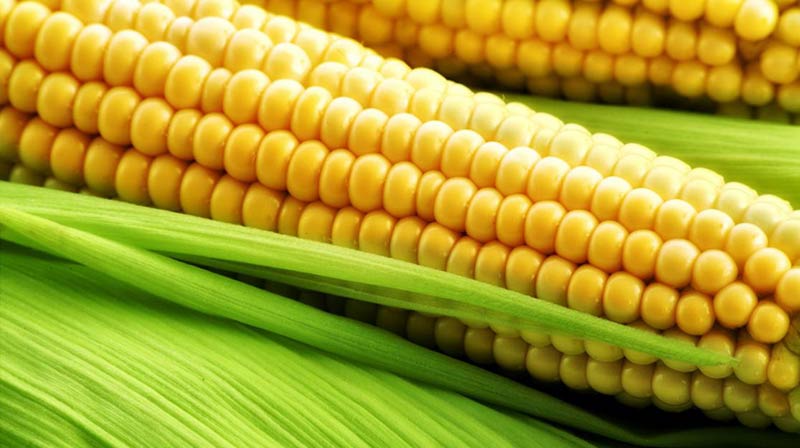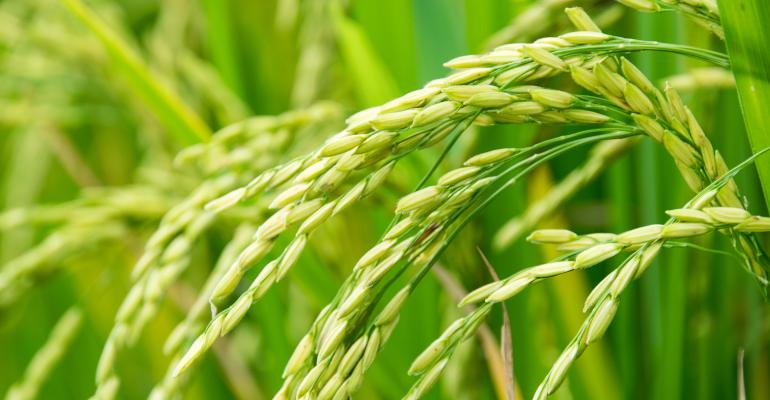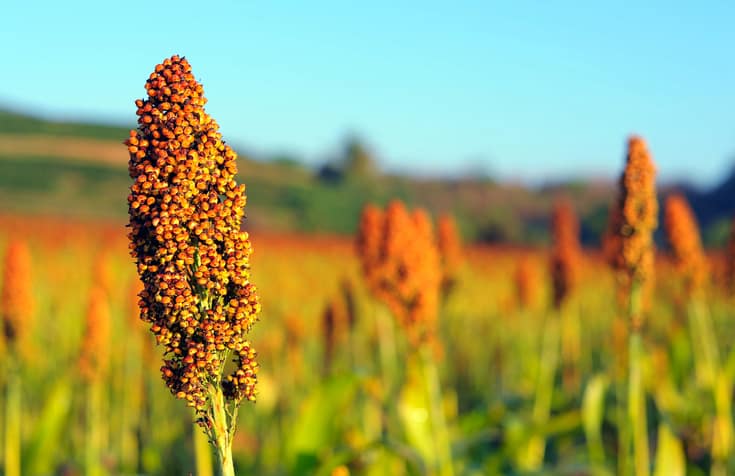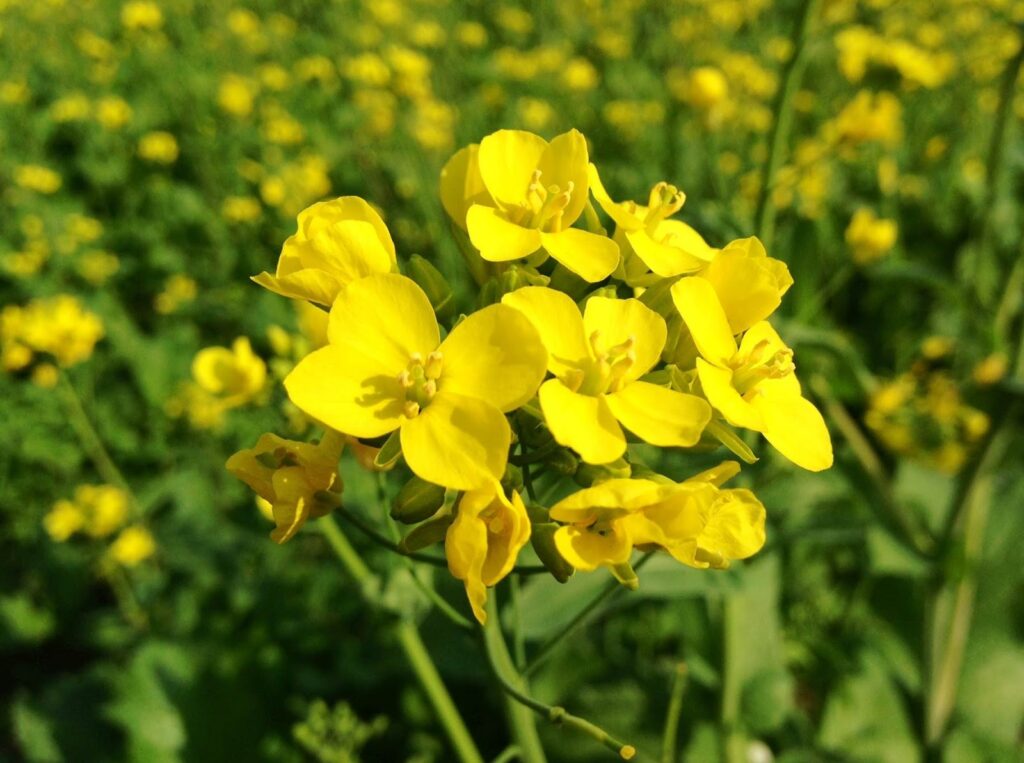The Organization for Economic Co-operation and Development (OECD) is an inter-governmental organization founded in 1961 with headquarters in Paris (France), as a multi-lateral forum to discuss, develop and reform economic and social policies.
Agriculture is one of the priority subjects of the OECD, which includes the Seed Schemes formulated to ensure varietal identity and purity of seed through appropriate regulations, and to facilitate seed trade between the countries by removing trade barriers.
OECD Seed Schemes facilitate international seed trade through globally recognized labels and certificates, which act as passport for seeds. The schemes also improve the seed quality regulatory system in participating countries and thereby promoting quality seed production.
The OECD Secretariat, Paris co-ordinates implementation of the Seed Schemes in all participating countries with the assistance of the National Governments.
To achieve globally harmonized seed varietal certification supporting the wider development of productive, sustainable and resilient agriculture and food system.
To facilitate international trade of quality seed by applying harmonized seed varietal certification standards & procedures.
The OECD Rules and Regulations for seed varietal certification include technical standards developed by seed certification specialists in participating countries in close cooperation with other international seed-related organizations such as UPOV, ISTA, FAO and ISF as a global representative of the seed sector.




